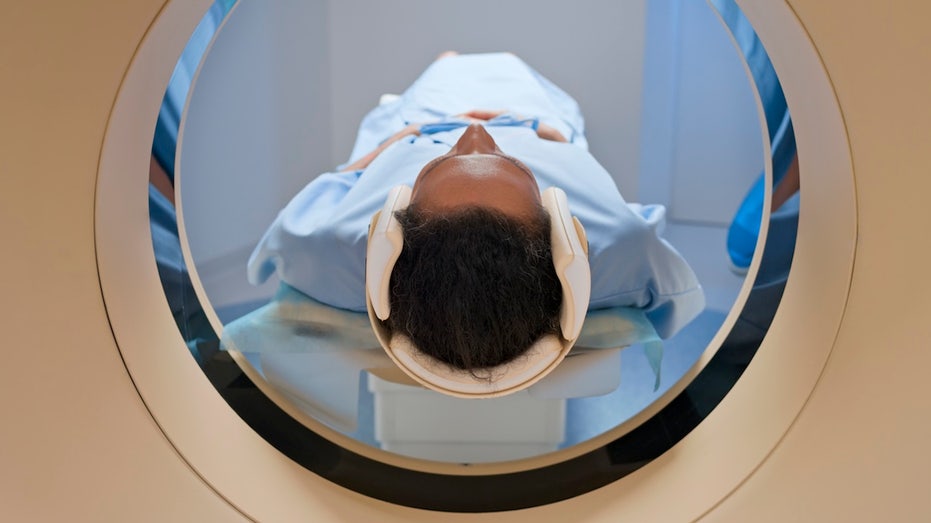In recent years, full-body scans have gained popularity among health-conscious individuals looking for a comprehensive overview of their health. These scans, often touted as advanced diagnostic tools, promise to reveal potential health issues before they become serious. However, as their demand grows, so does the question: Are full-body scans really worth the financial investment? To provide clarity on this topic, we consulted with medical professionals to unpack the pros and cons of these scans.
Full-body scans typically utilize advanced imaging technologies such as magnetic resonance imaging (MRI), computed tomography (CT) scans, or positron emission tomography (PET) scans. Some clinics offer packages that may include these various scan types under one umbrella, which can significantly increase costs. Nevertheless, many individuals seek these scans for peace of mind and the hope of early detection of diseases such as cancer or cardiovascular issues.
One of the primary arguments for undergoing full-body scans is the proactive approach to health they provide. In an age where preventive medicine is increasingly emphasized, the concept of identifying potentially life-threatening conditions at an early stage is appealing. Advocates of full-body scans argue that early detection can facilitate timely treatment, increasing the chances of successful outcomes.
Dr. Sarah Mitchell, a radiologist and expert in diagnostic imaging, notes the potential benefits of early detection. “One of the greatest advantages of full-body scans is that they can catch diseases like tumors or organ abnormalities before they manifest clinically,” she explains. “This can provide patients with a better prognosis and more treatment options.” The hope of discovering health issues before symptoms arise can be a considerable motivating factor for many individuals.
However, while the allure of comprehensive health evaluations is understandable, medical professionals also caution against over-reliance on full-body scans. Dr. James Thompson, a primary care physician, expresses concerns about the possible overdiagnosis and overtreatment that may stem from routine scans. “Not every abnormality detected during a full-body scan requires intervention. Many findings are benign and may lead to unnecessary anxiety and medical procedures,” he explains.
In addition to the psychological implications of receiving a potentially false positive result, there are also significant financial considerations. Full-body scans can range from a few hundred to several thousand dollars, depending on the facility and the technology used. Most standard health insurance plans do not cover these scans if they are deemed preventive or not medically necessary. This leaves individuals with the burden of out-of-pocket costs, which can be substantial.
Patients should also consider the risks associated with the radiation exposure that some of these scans entail. CT scans, in particular, are associated with a higher dose of radiation compared to traditional X-rays. “For certain populations, especially those who are younger or those with a history of cancer, the cumulative radiation exposure from frequent scans may pose more harm than benefit,” Dr. Emily Roberts, an oncologist, adds. She highlights the need for a careful risk-benefit analysis when deciding on full-body scanning as part of a health strategy.
Another important factor to consider is the interpretation of the scan results. The accuracy of full-body scans can vary based on the technology used and the expertise of the interpreting physician. “Even the most advanced imaging can lead to misinterpretations, and the results must be contextualized with a thorough patient history and physical examination,” Dr. Thompson advises. Patients are often unaware that a scan is just one piece of the overall diagnostic puzzle, and without proper follow-up and discussion with their healthcare provider, they might misunderstand their health status.
Furthermore, several medical professionals advocate for standard screening protocols that focus on specific age groups and risk factors rather than blanket full-body scans. For instance, patients of certain ages might be recommended to undergo routine mammograms or colonoscopies as preventive measures rather than invasive full-body screening. Dr. Mitchell explains, “We have well-established screening guidelines for certain populations based on age, gender, and risk factors that are proven to save lives. A one-size-fits-all approach may not be the most effective strategy for detection.”
As individuals consider full-body scans, they should contemplate their reasons for wanting such an extensive examination. It is crucial to weigh the potential risks against the benefits and discuss these with a trusted healthcare provider who can guide them based on personal medical history and risk profiles. Engaging in a candid conversation about one’s specific health concerns can lead to more tailored advice rather than jumping into comprehensive screenings that may not be necessary.
Ultimately, while full-body scans may appeal to those seeking reassurance or early intervention, it is essential to approach them with caution. Understanding the limitations, costs, and potential consequences of such procedures can empower individuals to make informed decisions about their health. Medical professionals consistently emphasize the importance of maintaining a regular check-up routine and a healthy lifestyle as foundational elements of health management. This approach often proves more beneficial and sustainable than relying solely on full-body imaging technology.
In summary, full-body scans represent a rapidly evolving piece of the healthcare landscape, inviting patients to take a proactive stance in monitoring their health. However, like any medical intervention, they come associated with both advantages and limitations. As more individuals seek these services, it becomes increasingly necessary to dissect the true value they may hold. Engaging with healthcare experts, understanding the financial and health implications, and remaining aware of the latest medical guidelines can help individuals navigate their health choices more effectively.
For those still contemplating whether to invest in a full-body scan, arming oneself with knowledge is the first step in making a sound decision. While the prospect of identifying health issues early is undeniably appealing, the complexities surrounding these scans should not be overlooked. Ultimately, a balanced approach that marries early detection with informed medical guidance will serve as the most prudent path forward for individuals considering full-body scans.































